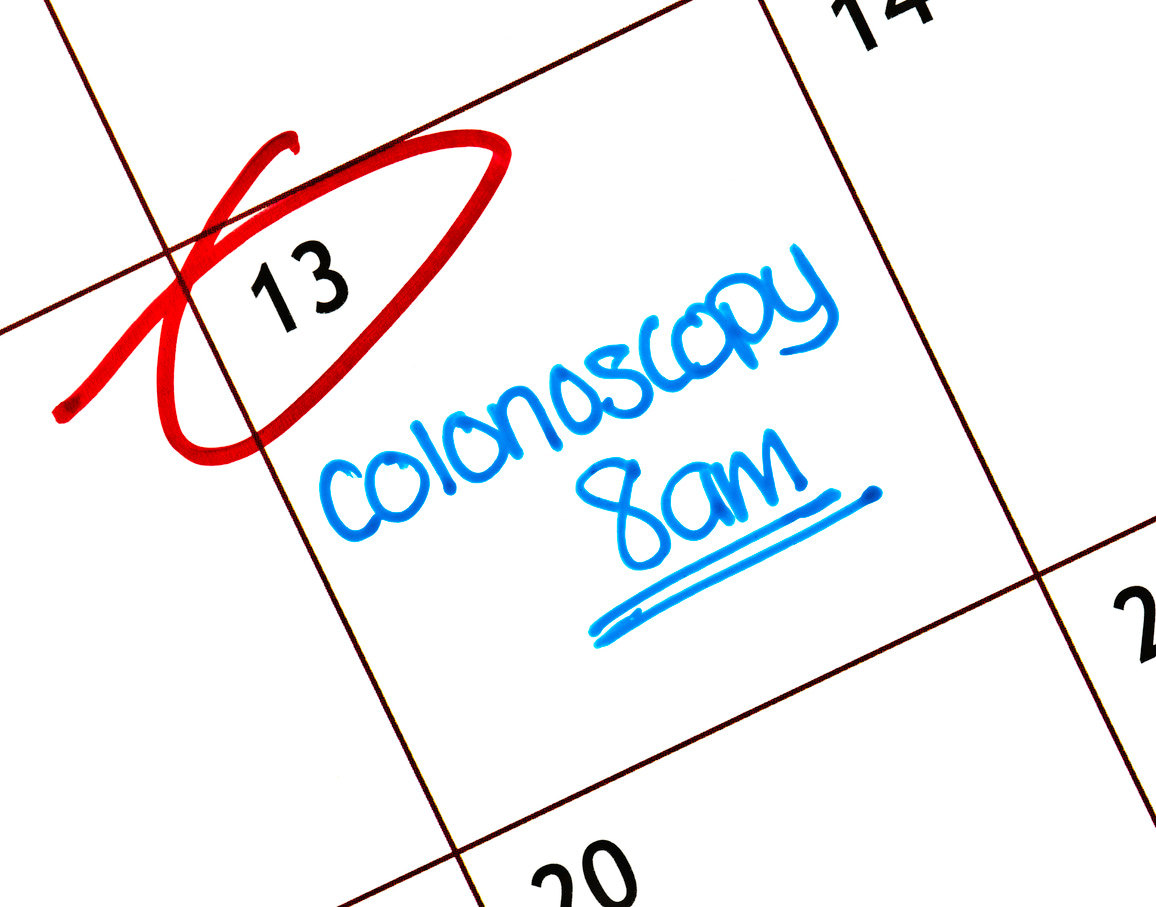
A colonoscopy is one of the most effective methods for screening and preventing colon cancer. This procedure allows doctors to examine the inner lining of the large intestine (colon and rectum) using a flexible tube called a colonoscope, which has a small camera attached to its end. Colonoscopy not only helps detect colon cancer at an early stage, when treatment is most effective, but it also plays a crucial role in preventing the disease by identifying and removing precancerous growths known as polyps.
Importance of Colonoscopy in Colon Cancer Screening
Colon cancer typically develops from polyps, which can take several years to transform into cancer. By removing these polyps during a colonoscopy, doctors can effectively prevent the development of colon cancer. The procedure is recommended for:
- Early Detection: Identifying colon cancer at an early stage significantly improves the prognosis.
- Prevention: Removing polyps before they develop into cancer can prevent the disease outright.
Who Should Have a Colonoscopy?
Screening guidelines recommend that individuals at average risk of colon cancer begin regular screenings at the age of 45. Those with higher risk factors may need to start screening earlier and more frequently, which includes individuals with the following:
- A family history of colon cancer or adenomatous polyps.
- A personal history of inflammatory bowel disease (Crohn's disease or ulcerative colitis).
- A known genetic syndrome such as familial adenomatous polyposis (FAP) or hereditary non-polyposis colorectal cancer (Lynch syndrome).
What to Expect During a Colonoscopy
Preparation
- Bowel Prep: Clearing the colon of all fecal material is crucial for a successful colonoscopy, which involves following a special diet and taking laxatives as prescribed by your doctor.
During the Procedure
- Sedation: Most patients receive sedatives to minimize discomfort during the procedure.
- Inspection: The doctor will carefully examine the colon and rectum with the colonoscope.
- Polyp Removal: Any polyps found during the procedure are typically removed and sent for histological examination.
After the Procedure
- Recovery: It takes about an hour to begin to recover from the sedatives. You will need someone to drive you home because it's unsafe to drive or operate machinery until the next day.
- Results: If polyps are removed or abnormalities are found, the results from the lab analysis will guide further management.
Potential Risks and Considerations
While colonoscopy is a highly effective and mostly safe procedure, it's important to be aware of its potential risks, albeit rare. These can include complications such as perforation of the colon wall, bleeding from the site where a polyp was removed, and adverse reactions to the sedation used during the procedure. Additionally, there's a small risk that the procedure might not detect all polyps, particularly if they are very small or located in areas difficult to reach with the colonoscope. It is essential to discuss these risks with your healthcare provider to fully understand the benefits and potential drawbacks of undergoing a colonoscopy.
Choosing the Right Facility and Specialist for Your Colonoscopy
Selecting the right facility and specialist for your colonoscopy is critical for ensuring the procedure's effectiveness and your comfort. Look for a facility that is accredited and has a high rate of successful procedures. Specialists who perform colonoscopies regularly and have extensive experience are more likely to successfully identify and remove polyps. It's also important to consider the specialist's approach to patient care and communication, as a transparent, patient-centered approach can significantly enhance your experience and ease any anxieties you might have about the procedure. Always consult with your primary healthcare provider for recommendations, and do not hesitate to ask potential specialists about their qualifications and experience with colonoscopies.
Risks Associated with Colonoscopy
While colonoscopy is generally safe, it carries a small risk of complications:
- Perforation: A tear through the wall of the bowel may occur but is very rare.
- Bleeding: This can occur at the site where a polyp was removed.
- Reactions to Sedation: Although typically mild, reactions to sedation can occur.
Conclusion
Colonoscopy is a powerful tool for preventing colon cancer and is recommended for anyone above the age of 45 or earlier for those at higher risk. By detecting and removing precancerous polyps, it offers a direct and effective means of cancer prevention. Discussing personal risk factors with a healthcare provider can help determine the best screening strategy for individual needs.
